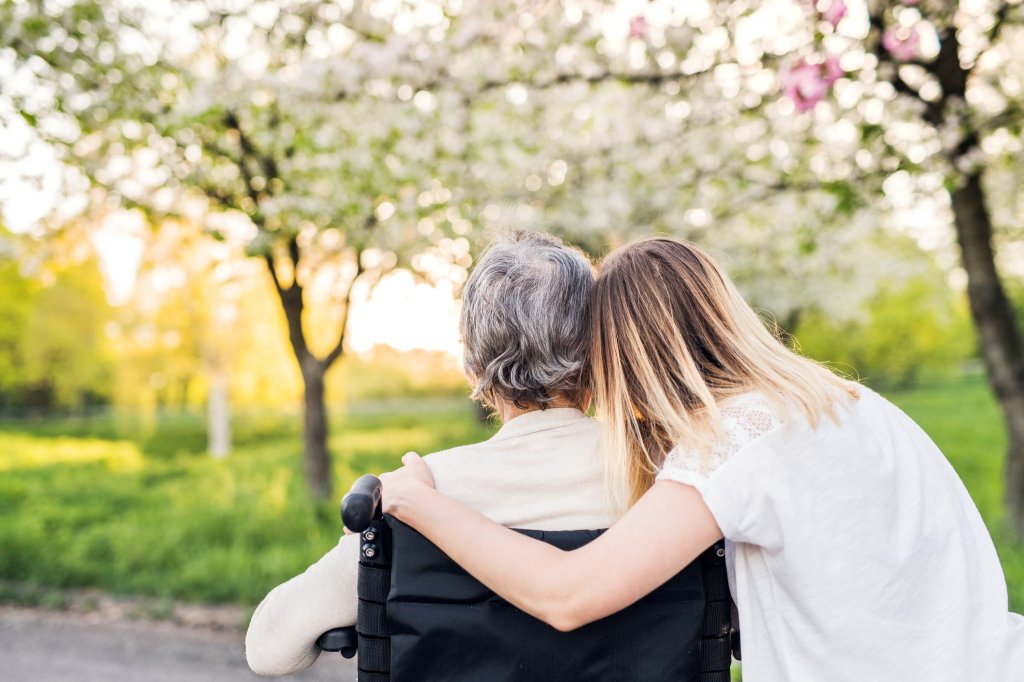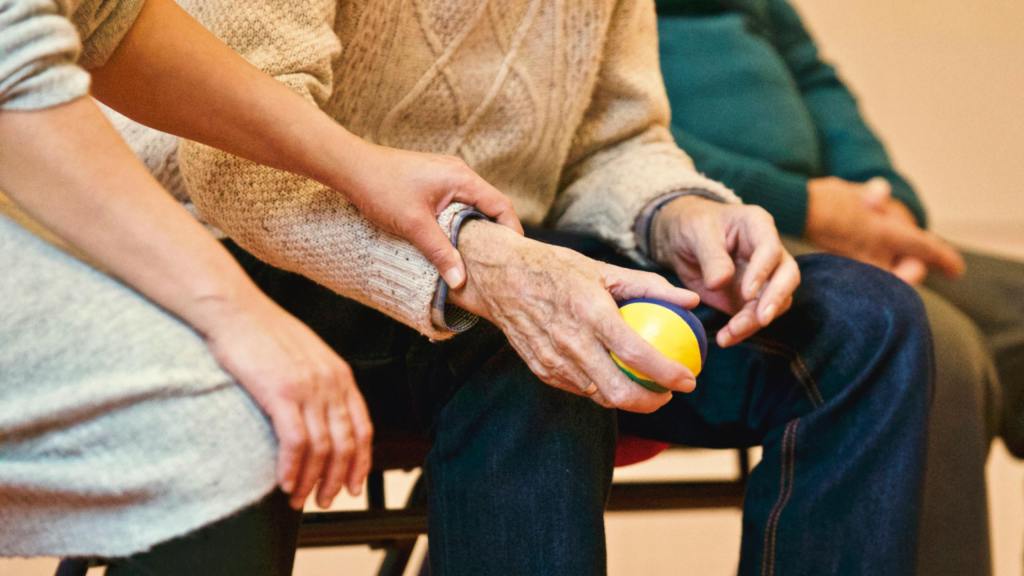
Important Vaccines for Seniors
5 Must-Have Vaccines for Seniors
Influenza Vaccine
While young people tend to have a rather easy time fighting off the flu on their own, the influenza virus is extremely dangerous to seniors. In fact, the flu is quite deadly in the senior population. Over 60 percent of flu-related hospitalizations (and 80 percent of flu-related deaths) occur in seniors over 65. It’s recommended to get the flu vaccine annually. Immunity is temporary, and there are always new strains of the virus going around each year, so it’s important not to skip a year. It’s the only way to ensure you’re protected against the most recent strain of the virus. There’s also a specific injection for seniors that doesn’t expose them to the live virus as other vaccines do. If you’re allergic to latex, eggs, or have had an adverse reaction to the vaccine in the past, speak to your doctor beforehand.
Tetanus-Diphtheria-Pertussis (Tdap) Vaccine
If you’re below the age of 65, you may only need to get the tetanus-diphtheria vaccine (without the pertussis component). However, seniors over 65 are getting pertussis more and more (which is whooping cough) due to their weakened immune systems. This is why it’s recommended for seniors to get the Tdap vaccine, as it will protect you against pertussis as well. These are given together in one shot. Everyone should receive their booster of tetanus-diphtheria or the Tdap vaccine at least every ten years to ensure you’re protected.
Pneumococcal Vaccine
Pneumonia is a serious concern for seniors. It’s quite significant and causes around 60,000 deaths every year. Anyone who is at risk of suffering from pneumonia, especially seniors, should receive the vaccine. It’s a one-time thing that doesn’t need to be renewed. If you were younger than 65 when you received your vaccine and you’re now around five years older, you can get a one-time booster to ensure you’re protected. This is more so for those who got the vaccine when they were significantly younger. The pneumococcal polysaccharide vaccine (PPSV) combats the 23 most common strains of bacteria that can give a person pneumonia.
Herpes Zoster (Shingles) Vaccine
It’s estimated that one million Americans contract shingles every year. Half of that number is thought to be seniors. If you’ve already experienced shingles in the past, it’s still okay for you to get the vaccine as it will prevent future occurrences. The Zoster vaccine is capable of decreasing your risk of contracting shingles by 50 percent. And if you do get it, it will be substantially less severe than it otherwise would be. If you’re a senior, make sure to discuss the vaccine with your doctor. There are some complications for those with certain conditions, so make sure a doctor gives you the go ahead first.
MMR Vaccine
The MMR vaccine protects against measles, mumps, and rubella. If you were born before 1956, it’s recommended that you seek out the vaccine. The vaccine was made available in 1963, so it’s likely that if you were born after that year, you already have it. It’s a one-time vaccine. Doctors can check your immunity levels to determine whether you need to get the vaccine.
How to Pay for Vaccines
According to the CDC, all private insurance plans must cover certain vaccines without charging a copayment or coinsurance. This includes the five vaccines above in addition to vaccines for hepatitis A/B, meningococcal, varicella, and human papillomavirus. Of the five vaccines listed here, the influenza and pneumococcal vaccines are covered under Medicare Part B. Medicare Part D or Medicare Advantage Plan Part C may cover the herpes zoster vaccine, the MMR vaccine, and the Tdap vaccine. Medicaid coverage varies based on state, so check your state Medicaid agency. If you’re on Medicare and are unsure about coverage, contact your local State Health Insurance Assistance Program.
More insights like this:
-

Helping an Aging Loved One Through Declining Mental Health
Read more: Helping an Aging Loved One Through Declining Mental HealthMental health challenges can impact anyone at any time of life. However, older adults tend to be more vulnerable to depression and other mental illnesses, on average, with 14% of adults aged 60 or older suffering from a mental disorder. “If you recognize or hear from a loved one that their day-to-day life is significantly…
-

Delirium vs. Dementia: Causes, Symptoms, Treatments, and Preventative Measures
Read more: Delirium vs. Dementia: Causes, Symptoms, Treatments, and Preventative Measures5 Key Things Family Caregivers Need to Know About Delirium and Dementia Onset and Course Are Key Clues That Caregivers Should Watch Closely Delirium develops suddenly (hours or days) and often fluctuates; dementia progresses gradually over months or years. Acute changes in thinking or attention should trigger urgent medical evaluation. Delirium and Dementia…
-

7 Immune System Booster Tips for Seniors
Read more: 7 Immune System Booster Tips for SeniorsThe immune system is the body’s first line of defense against viruses and infections, but the aging process can weaken the immune system. Throughout the COVID-19 pandemic, this became an increased concern for the caregivers of older or immunocompromised adults, as the risk of more severe symptoms and outcomes was much higher in these…